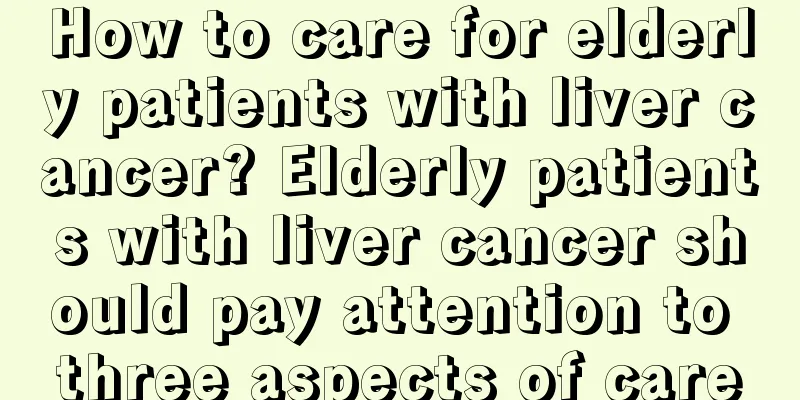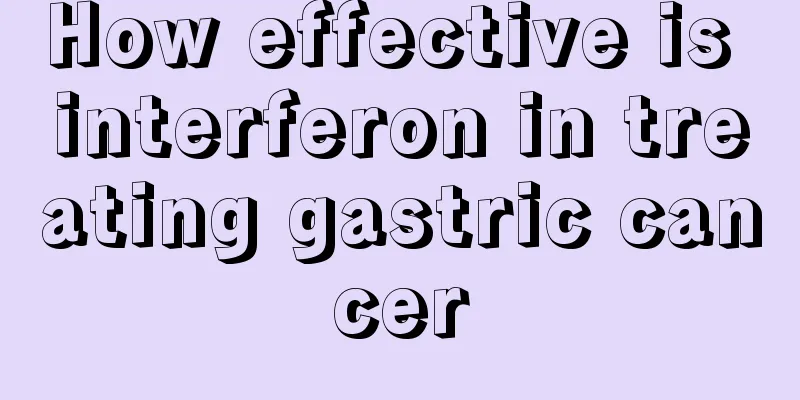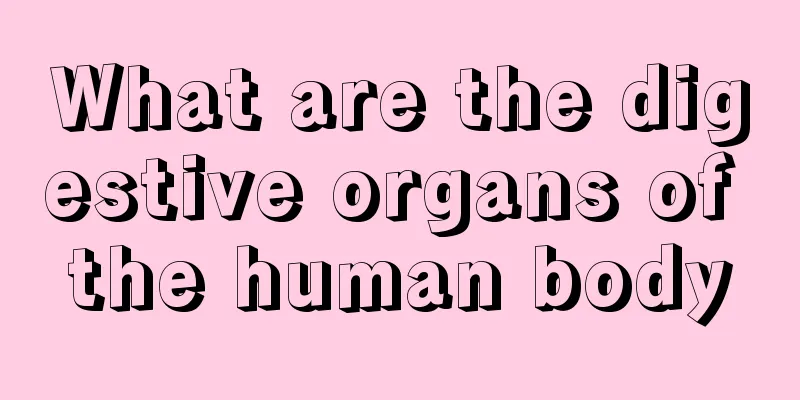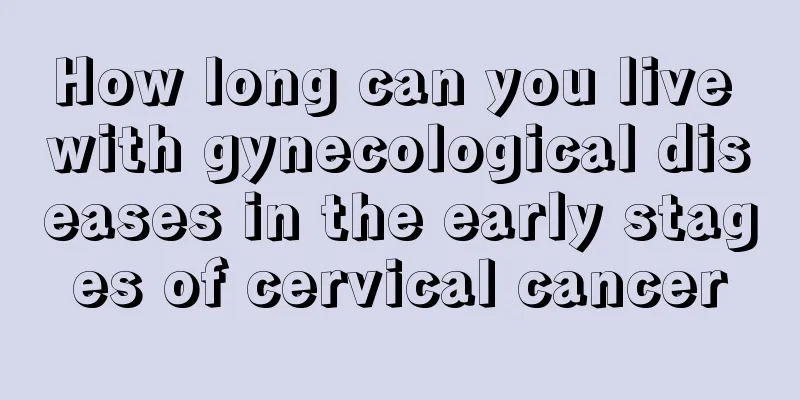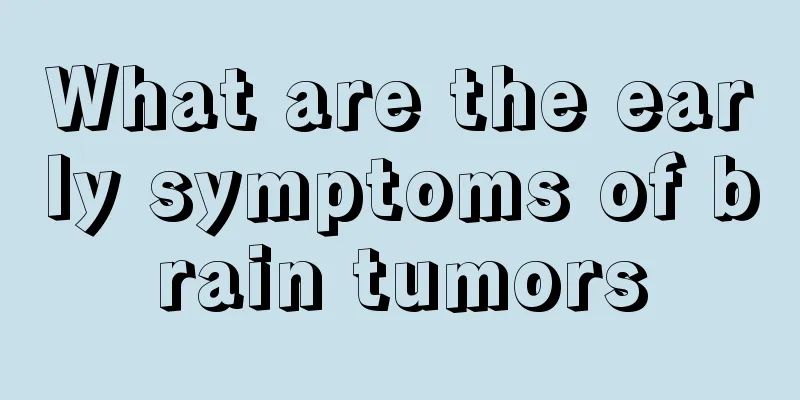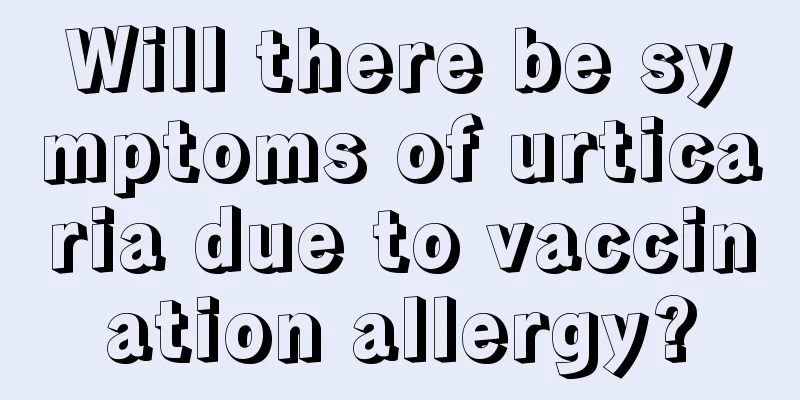Gastric pyloric tumor
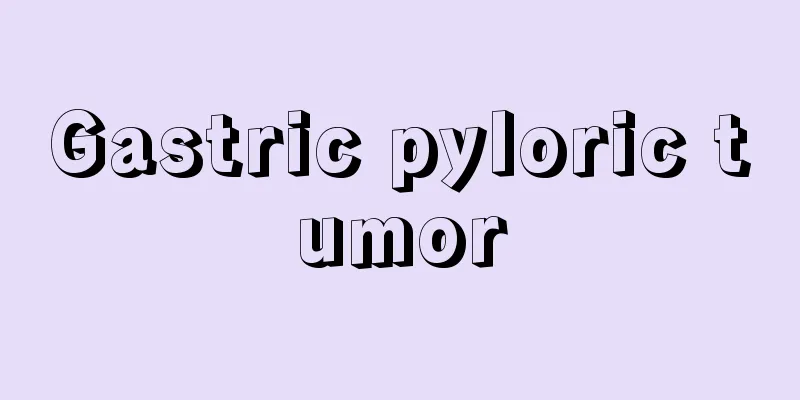
|
The situation of gastric pyloric tumor cannot be ignored. If you don't pay enough attention, your condition will worsen and cause malignant tumors. Once it happens, there is no way to take conservative treatment again. Surgical treatment must be used. Only in this way can the tumor be removed and the purpose of treatment be achieved. Secondly, the patient also needs chemotherapy to achieve a radical cure. 1. Surgery (1) The principle of radical surgery is to remove part or all of the stomach including the cancer lesion and the possibly infiltrated stomach wall in one piece, remove the lymph nodes around the stomach in one piece according to the clinical staging standards, and reconstruct the digestive tract. (2) Palliative surgery: When the primary lesion cannot be removed, surgery is performed to alleviate symptoms caused by complications such as obstruction, perforation, and bleeding, such as gastrojejunostomy, jejunostomy, and perforation repair. 2. Chemotherapy Used before, during and after radical surgery to prolong survival. Appropriate chemotherapy for patients with advanced gastric cancer can slow down the growth of the tumor, improve symptoms, and have certain short-term effects. In principle, adjuvant chemotherapy is not necessary after radical surgery for early gastric cancer. However, adjuvant chemotherapy should be performed in the following cases: high malignancy of the pathological type; cancer area larger than 5 cm; multiple cancer lesions; and age under 40 years old. Patients with advanced gastric cancer who have undergone radical surgery, palliative surgery, or have recurrence after radical surgery require chemotherapy. Commonly used chemotherapy administration routes for gastric cancer include oral administration, intravenous administration, intraperitoneal administration, and regional infusion via arterial catheterization. Commonly used oral chemotherapy drugs include tegafur, eufodine, flutolan, etc. Commonly used intravenous chemotherapy drugs include fluorouracil, mitomycin, cisplatin, doxorubicin, etoposide, and calcium leucovorin. In recent years, new chemotherapy drugs such as paclitaxel, oxaliplatin, topoisomerase inhibitors, and Xeloda have been used to treat gastric cancer. 3. Targeted therapy Targeted therapy can specifically damage cancer cells and reduce damage to normal cells. Currently, the types and effects of targeted therapeutic drugs for gastric cancer are limited. Targeted therapy drugs mainly include epidermal growth factor receptor inhibitors, angiogenesis inhibitors, cell cycle inhibitors, apoptosis promoters, matrix metalloproteinase inhibitors, etc. 4. Other treatments Immunotherapy for gastric cancer includes non-specific biological response modifiers such as BCG and Lentinan; cytokines such as interleukins, interferons, and tumor necrosis factors; and adoptive immunotherapy such as the clinical application of activated lymphocyte killer cells (LAK) and tumor infiltrating lymphocytes (TIL). Anti-angiogenesis genes are a widely studied gene therapy approach and may play a role in the treatment of gastric cancer. |
<<: How to lower creatinine value
Recommend
The fastest way to treat a sore throat
The heating in the room is very hot now, but it i...
What are the benefits of wearing jade to the body
Jade is a natural gemstone produced in nature. Th...
Why can’t you sleep on your right side during pregnancy?
Normally people don't pay too much attention ...
What fruit is good for people with poor sleep?
Poor sleep can actually be improved through some ...
What should you pay attention to when doing scraping to detoxify
Gua Sha can open up the meridians, detoxify and b...
Early symptoms of ALS
There is a very rare disease in life called ALS. ...
How to take care of yourself properly after ovarian tumor surgery
Ovarian tumor disease has plagued female patients...
Prevention of several common rectal cancers in life
Rectal cancer can be caused by many factors in li...
Why do I feel weak right after waking up
The condition of general weakness is indeed quite...
Can goat milk be used to make yogurt?
Drinking goat milk appropriately in daily life ca...
How to drink without getting drunk
It is important to note that drinking alcohol can...
What are the ways to improve immunity
We all know that improving immunity is of great h...
Can I eat vinegar if I have too much stomach acid? Is it good to drink vinegar if I have too much stomach acid?
Excessive gastric acid is a health problem that m...
What is the washing method for underwear
Underwear is the most private part of our body th...
Is liver cancer contagious? Is liver cancer hereditary?
Is liver cancer contagious? We all know that hepa...


